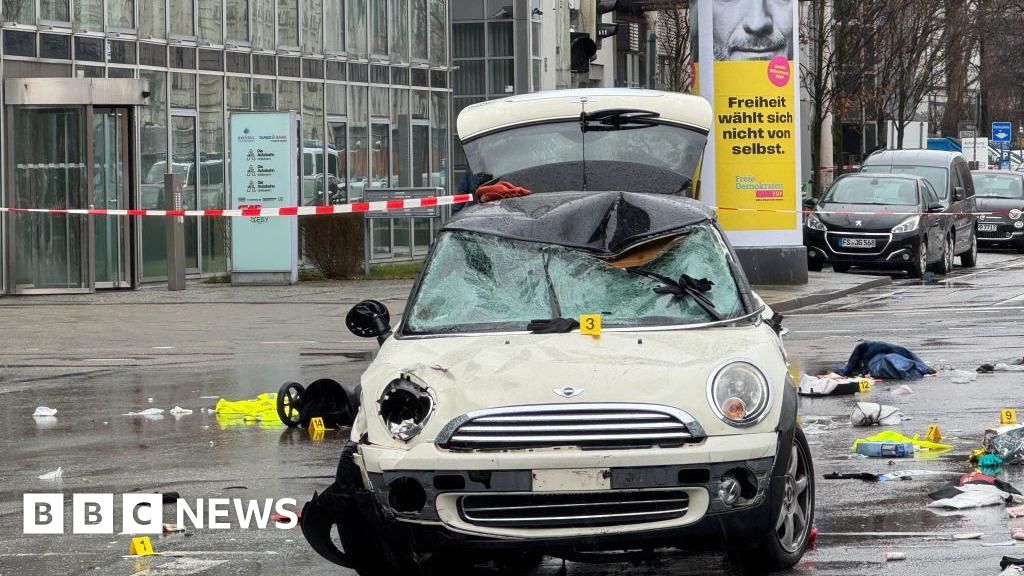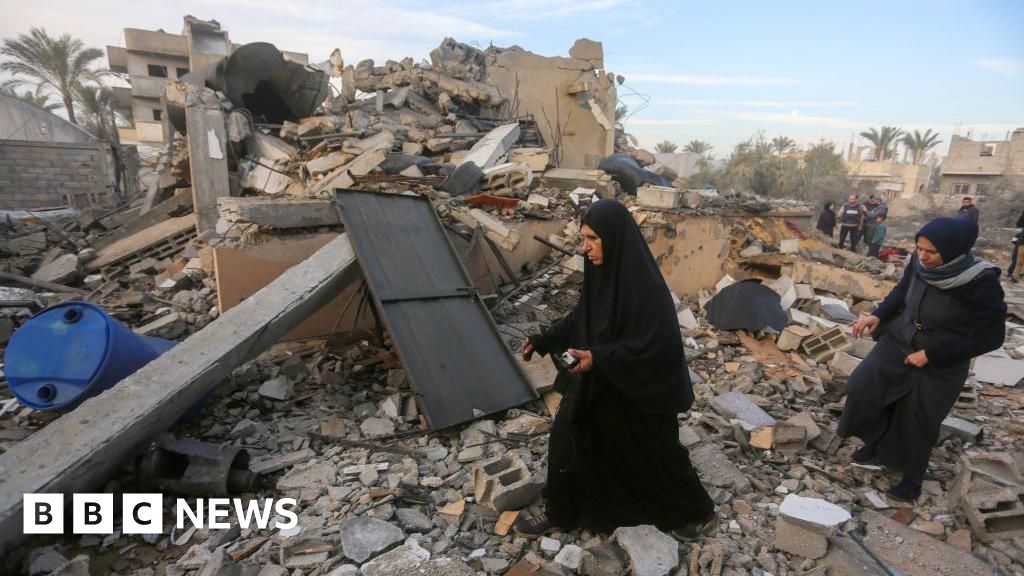Car ramming comes as migration at forefront of German elections
Given the profile of the man accused in the suspected car-ramming attack in Munich, the incident will undoubtedly have an impact on Germany’s parliamentary election in ten days time.
Farhad N, 24, came to Germany in 2016 from Afghanistan to seek asylum, which was rejected but he was given temporary permission to stay in Germany.
For weeks now Germany’s upcoming election, brought by the collapse of German Chancellor Olaf Scholz’s coalition government, has been embroiled in a fevered debate about migration.
A number of violent incidents linked to migrants over the past year have led to increased support for the far-right AfD party.
After a car ploughed into a Christmas market in the city of Magdeburg killing six people and injuring at least 299 in December. The suspect was a 50-year-old Saudi asylum seeker who had been an outspoken critic of Islam.
AfD leaders held political rallies there, blaming the government’s migration policy for the attack.
Initially mainstream politicians called for calm.
But the mood shifted after another attack in the Bavarian town of Aschaffenburg in January, in which a 28-year-old Afghan asylum seeker stabbed a group of small children in a park. A two-year-old child and a passer-by who tried to help died.
The brutality of the attack shocked the country and mainstream politicians, particularly the conservatives, suddenly changed tack.
In the televised duel between Scholz, of the centre-left Social Democratic Party (SPD), and his conservative rival Friedrich Merz leading centre-right party Christian Democrats (CDU), the first 30 minutes was devoted exclusively to the issue of migration.
They were criticized afterwards for solely linking migration to criminality. Both politicians were remarkably hardline in their rhetoric, effectively arguing over who was the toughest to stop irregular migration.
The two have taken harder lines on migration following a string of attacks involving asylum seeker suspects.
Both believe that only by talking tough on borders, can they undermine support for far-right AfD that is polling second and has made immigration its signature issue.
Frontrunner Friedrich Merz wants to close Germany’s borders to all asylum seekers.
Critics say this undermines EU law, contravenes the German constitution and would be logistically impossible to police.
Others worry that anti-migrant rhetoric legitimizes far-right ideas, boosts support for the AfD and stigmatizes people with non-German heritage.
Either way the AfD remains strong, polling at over 20%.
The suffering of those who have been injured – and their families – will of course mainly occupy many people’s thoughts today.
However, it is also the case that migration and public safety is now even more likely to dominate the final week of Germany’s election campaign.
Check out our Latest News and Follow us at Facebook
Original Source







